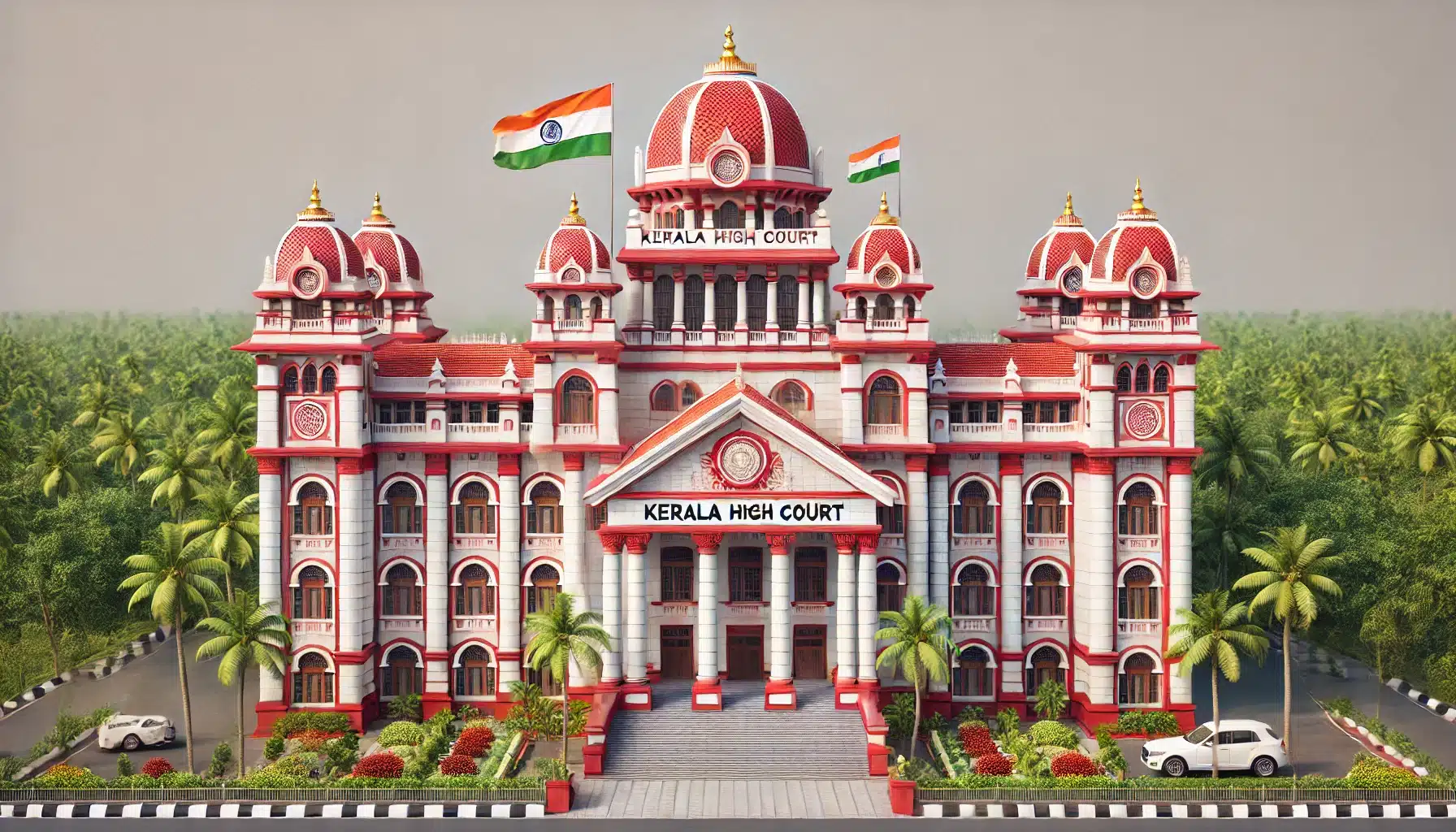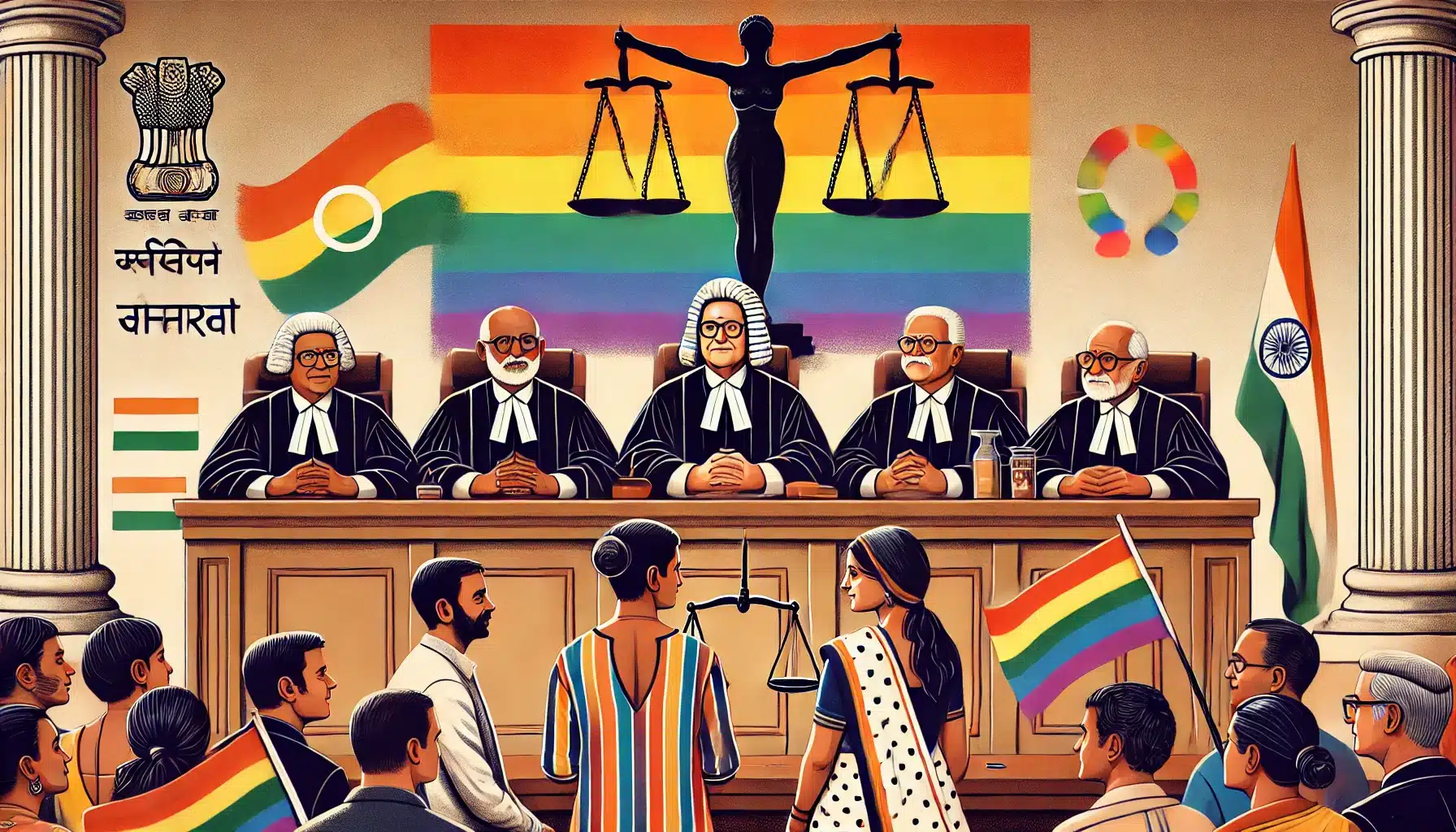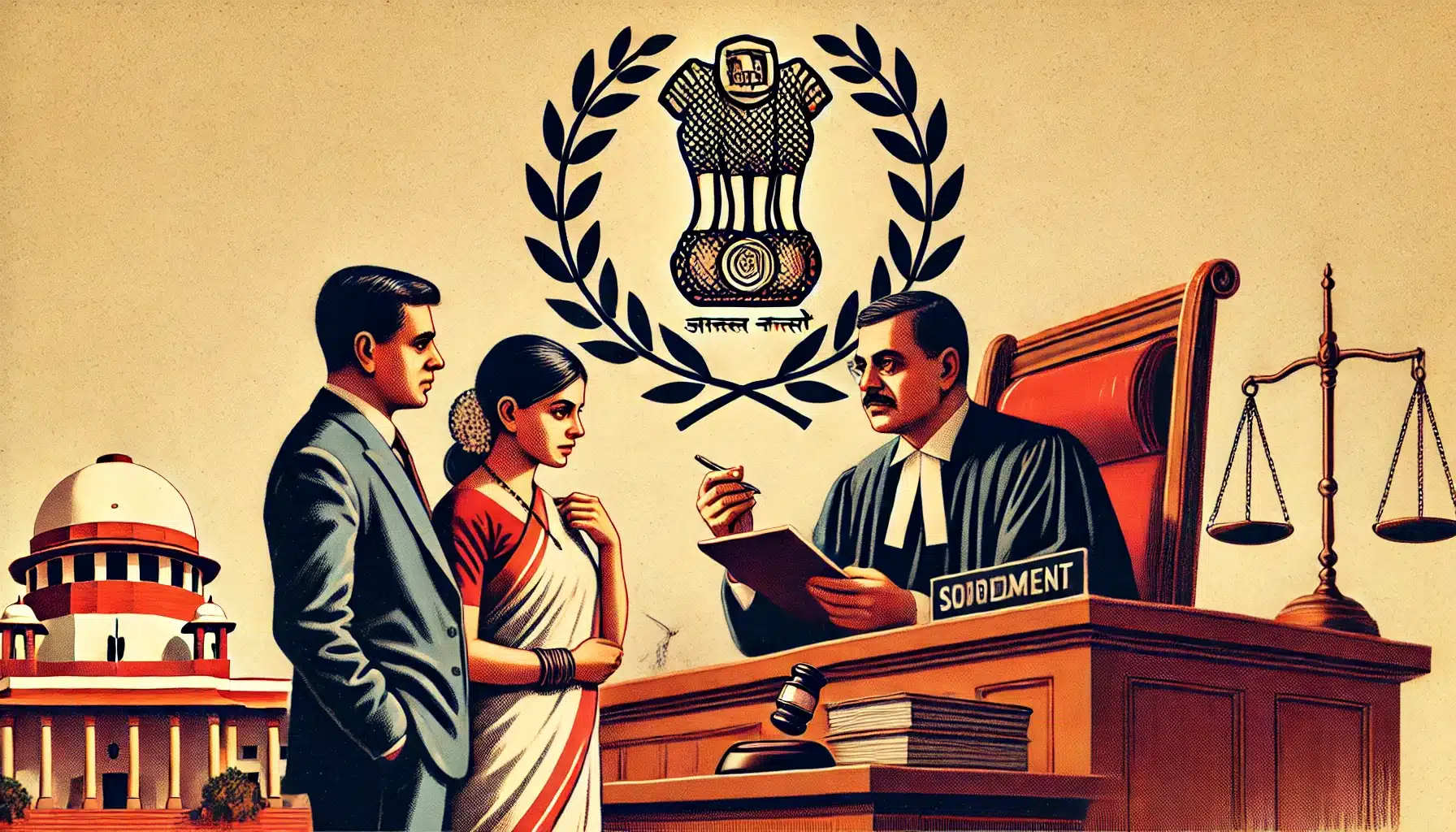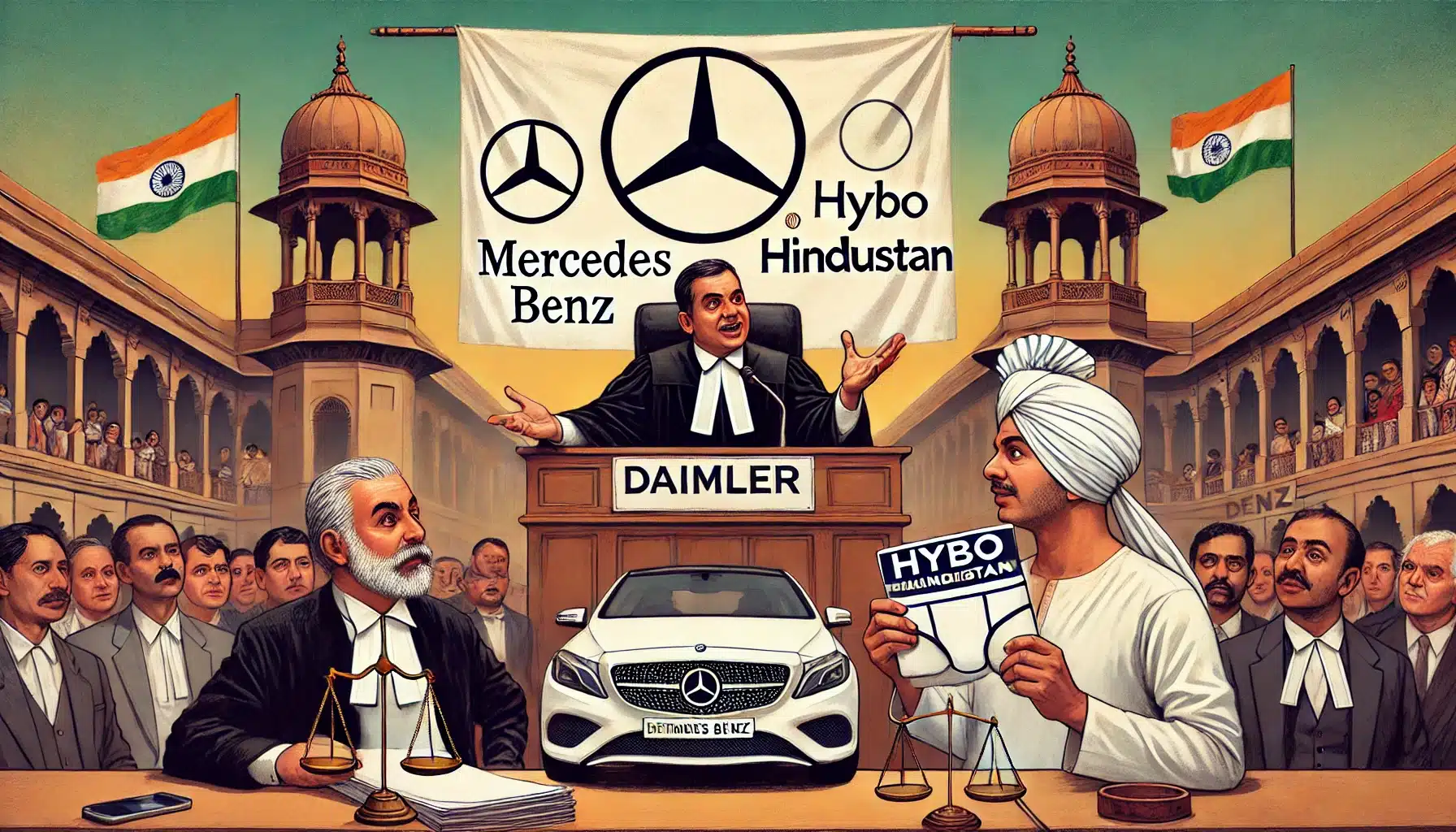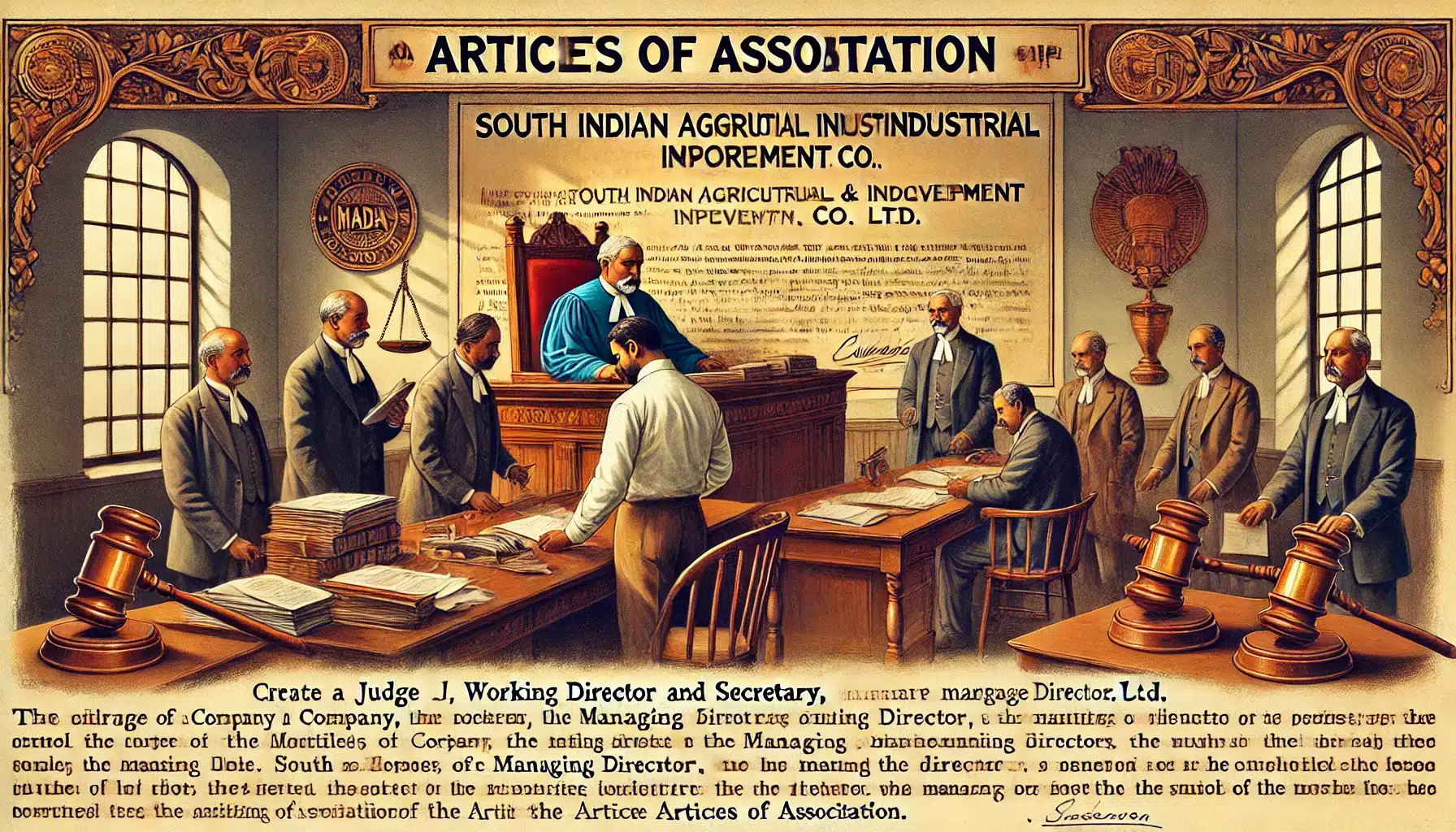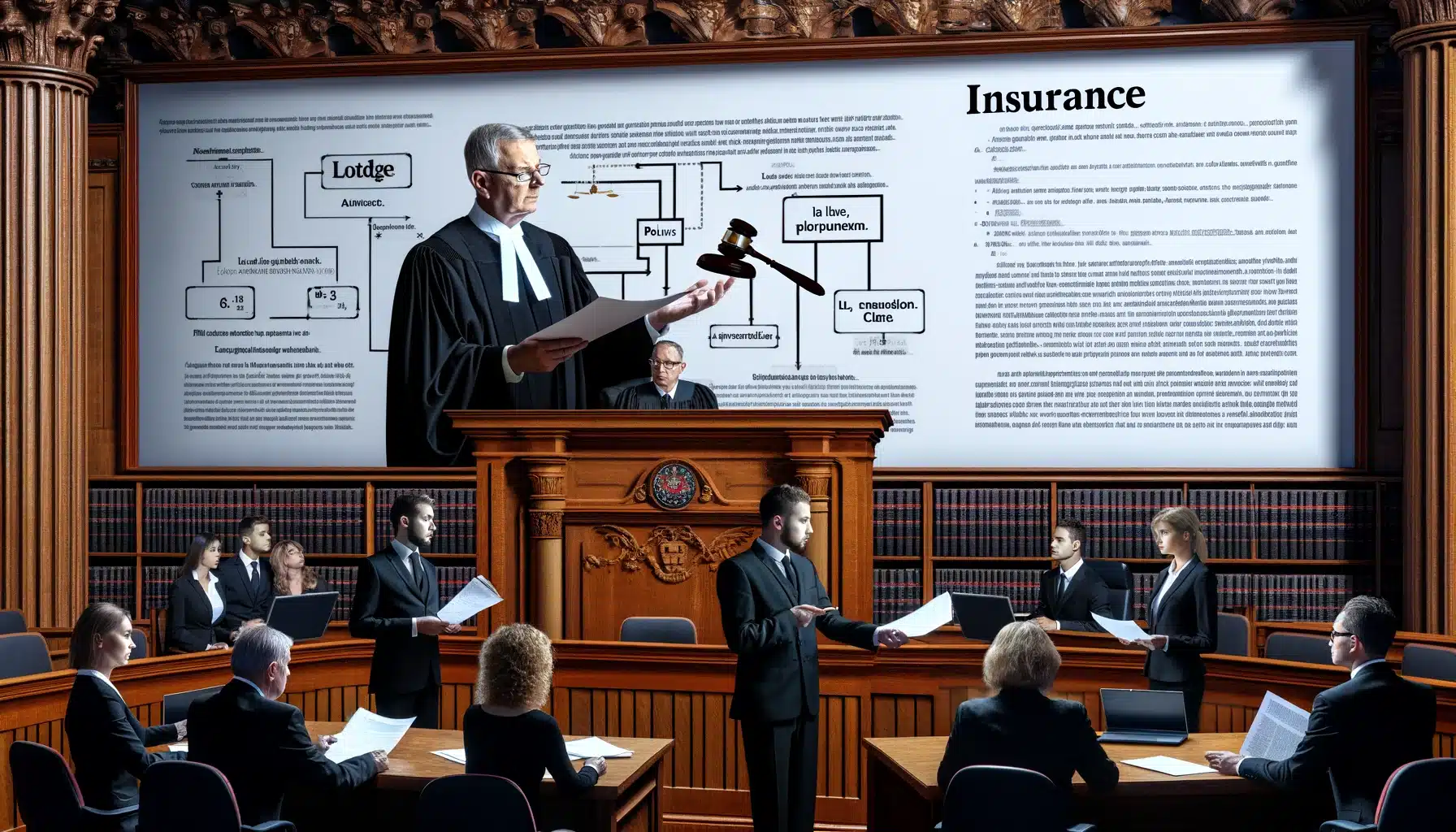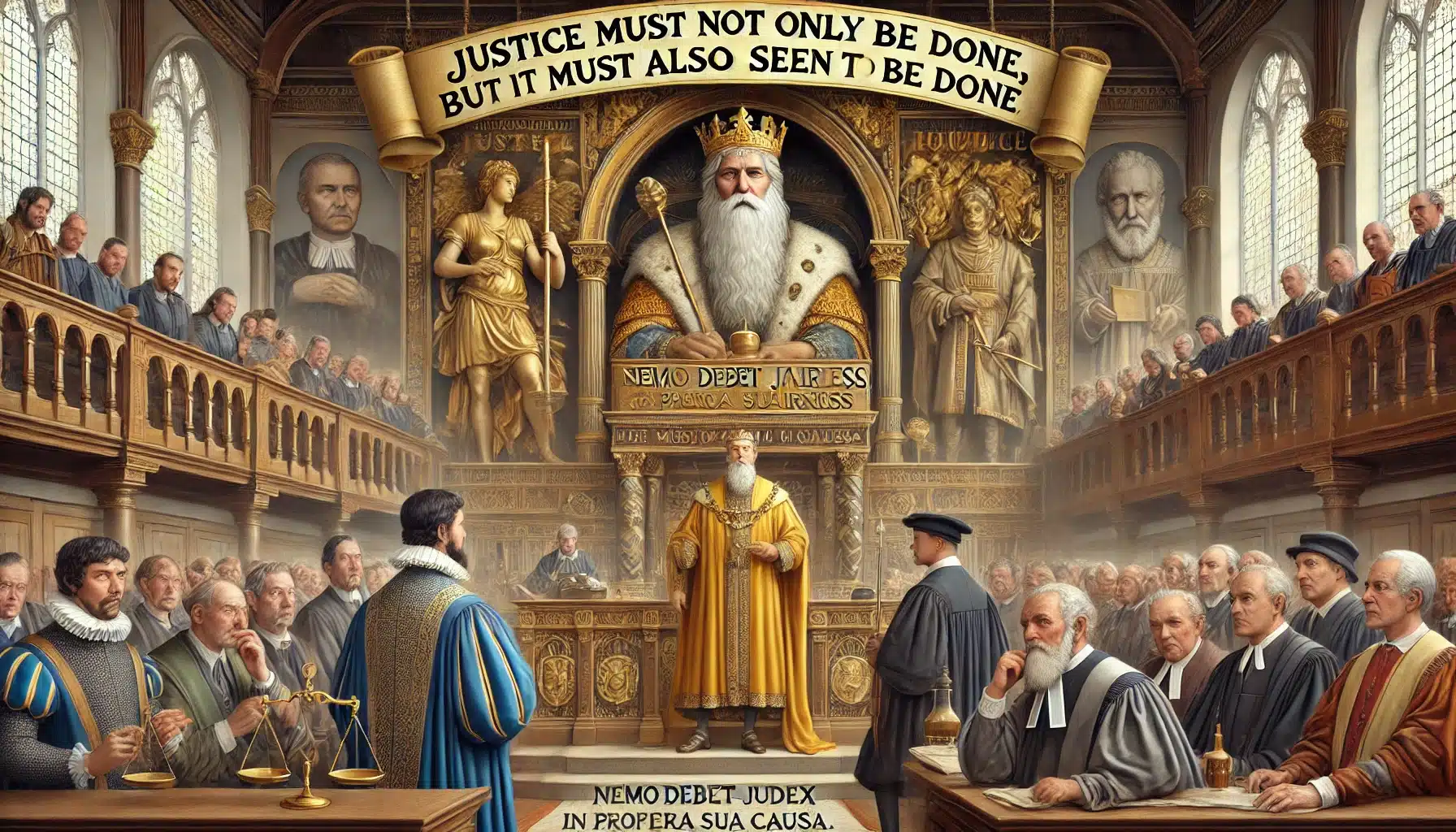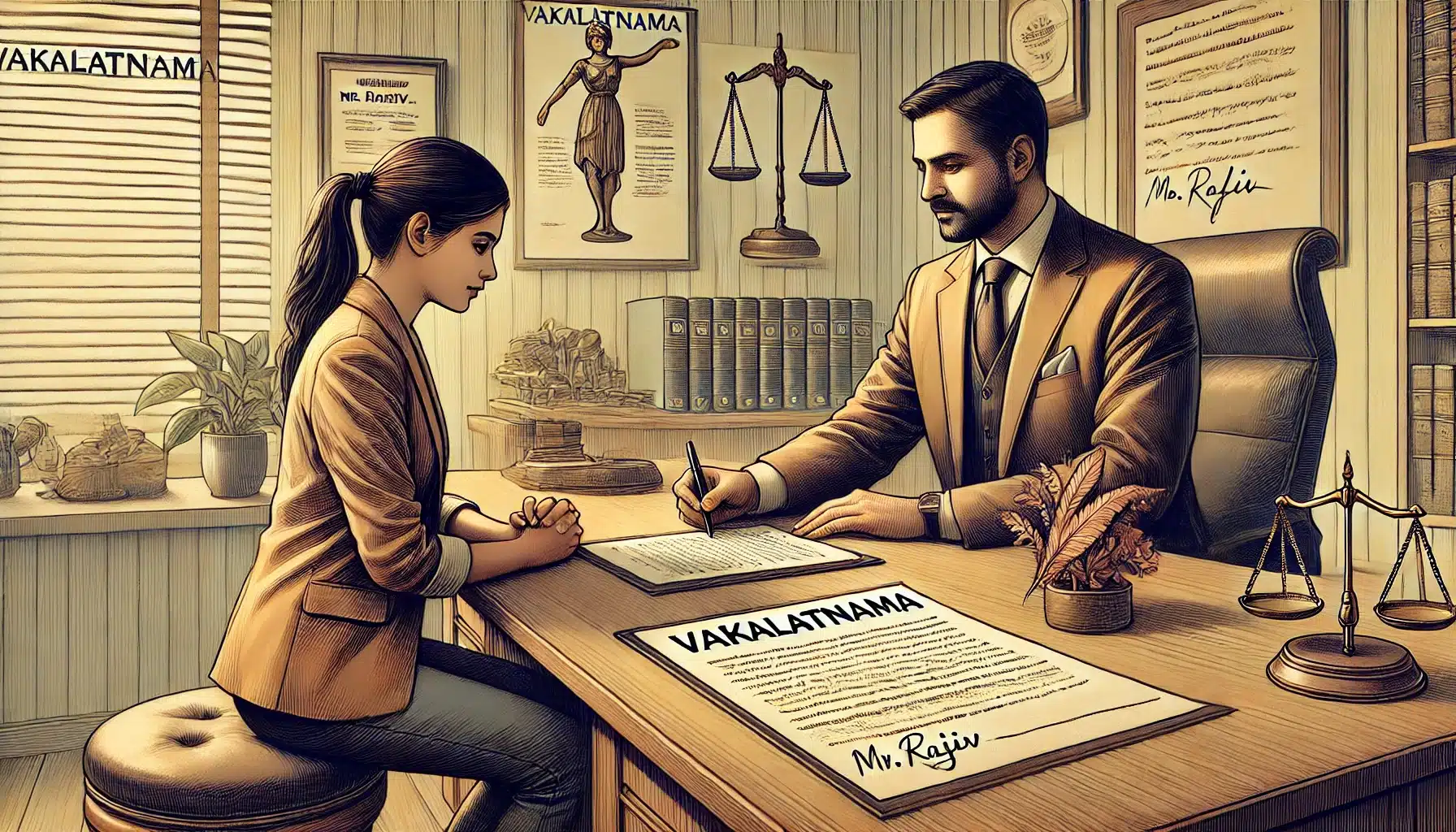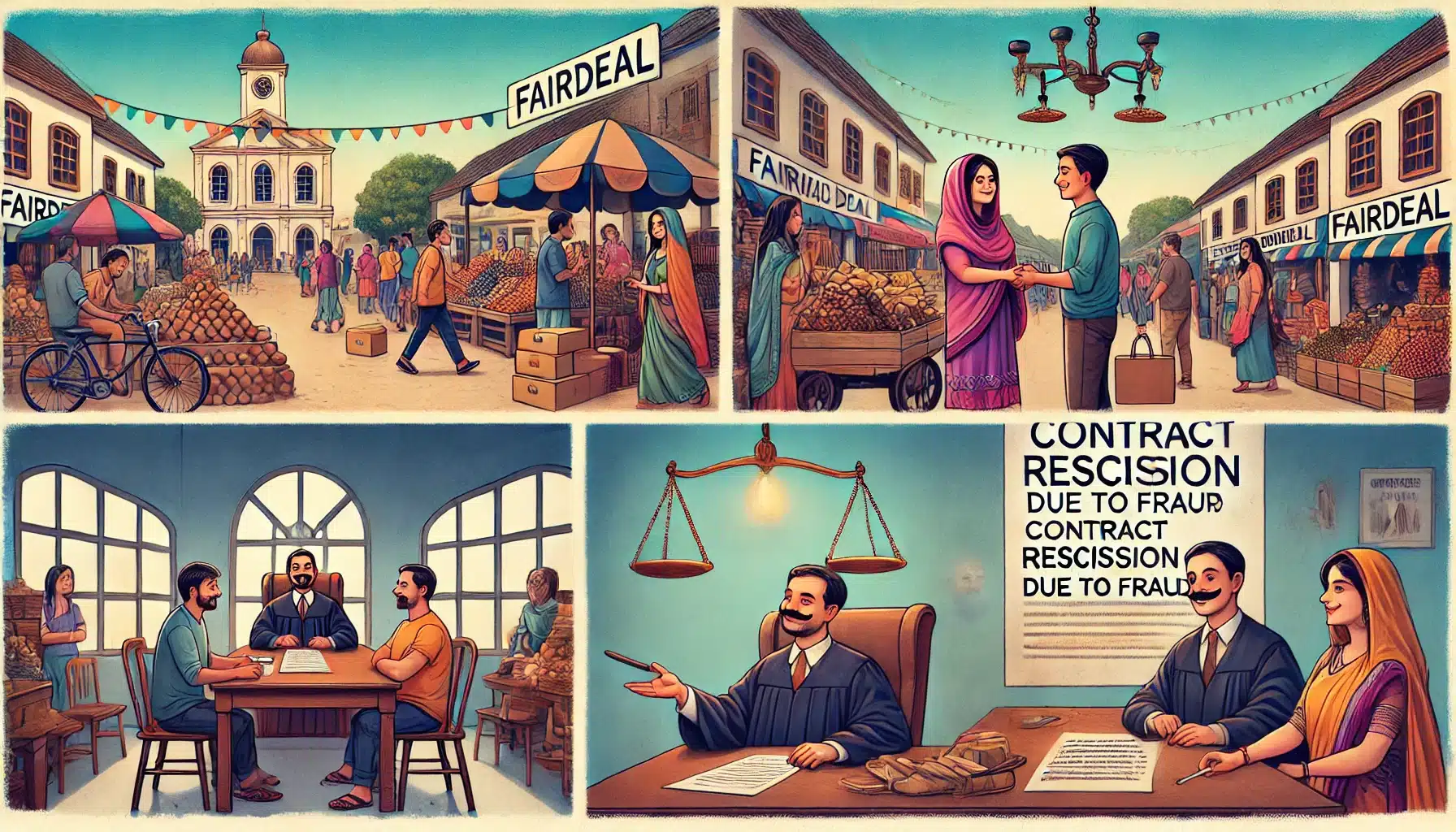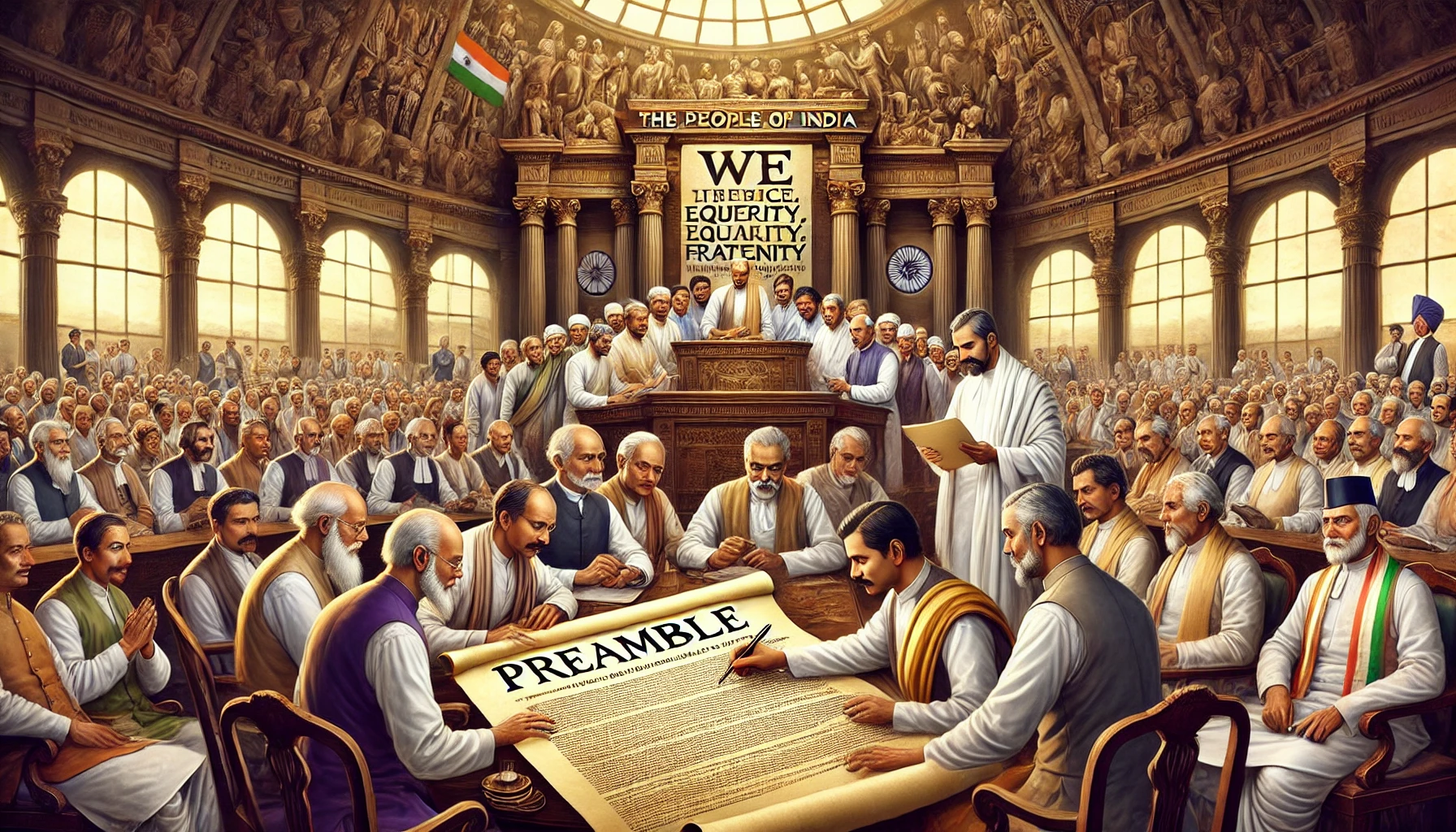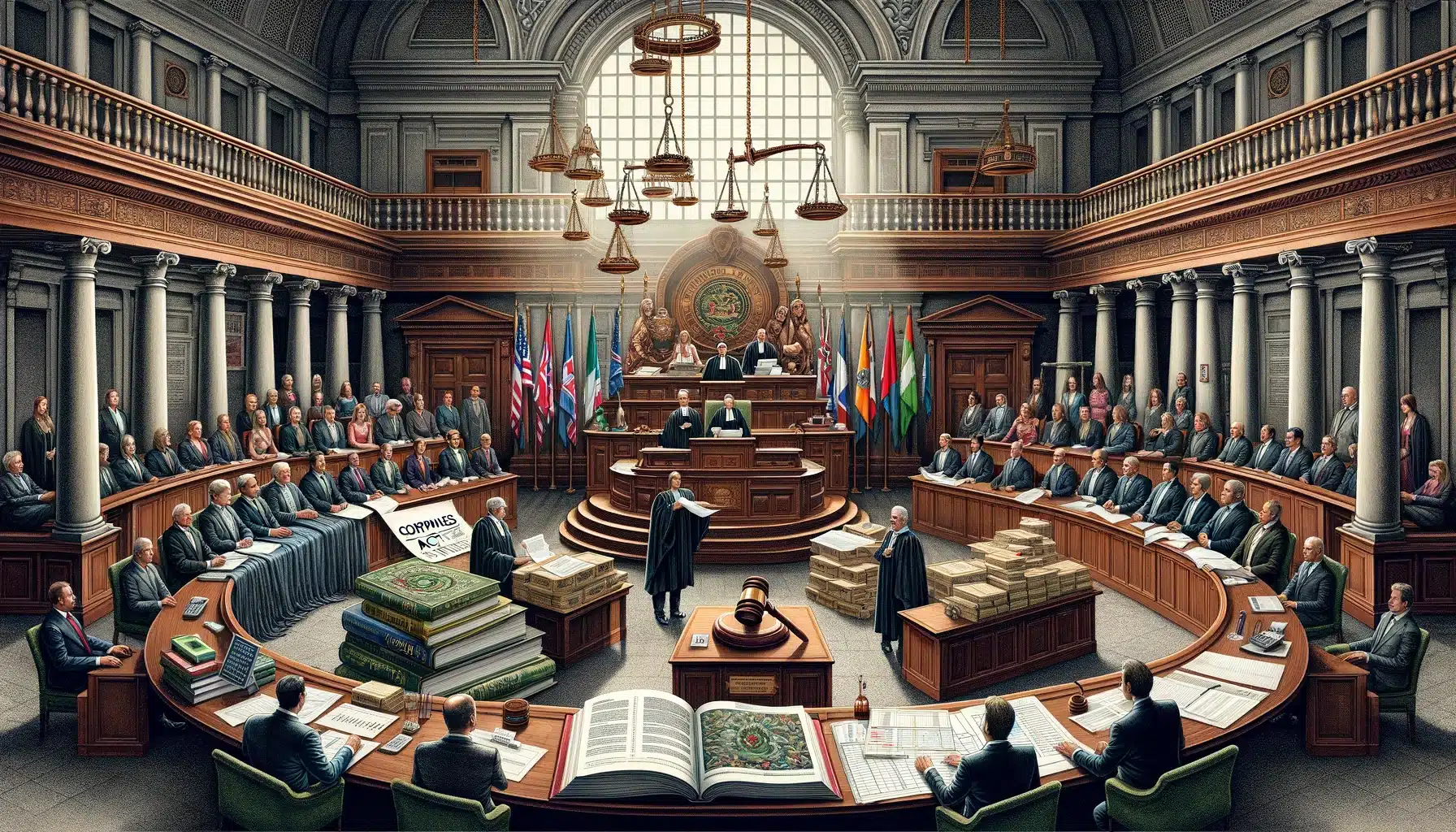Dec 28, 2020 18:19 UTC
| Updated:
Dec 28, 2020 at 18:19 UTC
Case Study: Lily Thomas, Etc. v. Union of India & Ors.
Citation: AIR (2000) SC 1650
Date of judgment: 05th May, 2000
Bench: R. P. Sethi (J), S. S. Ahmad (J)
Facts:
Mrs. Sushmita Ghosh (hereinafter referred to as Petitioner) was married to Mr. Gyan Chand Ghosh (hereinafter referred to as Respondent) according to Hindu rituals on 10th May 1984. On 1st April, 1992 her husband told her that he does not want to live with her any further and should agree for divorce by mutual consent. All of this came as a shock to Petitioner and prayed that she was the legally wedded wife and wanted to live with him; therefore, divorce should not arise.
The husband told her that he has converted to Islam so that he may remarry, and he had already fixed to marry one Miss Vanita Gupta resident of D-152 Preet Vihar, Delhi, a divorcee with two children in the second week of July 1992. He procured a certificate dated 17th June 1992 from Qazi, indicating that he has converted to Islam. Mrs. Sushmita Ghosh has prayed that her husband should be restricted from entering another marriage with Vanita Gupta.
Therefore, the Supreme Court had tagged three petitions together viz., 1) Mrs. Sushmita Ghosh v. Union of India and Ors; 2) Smt.Sarla Mudgal, President, Kalyani, and others v. Union of India and Ors[1].; 3) Sunita @ Fatima v. Union of India and Ors.
Principle Issue:
Where a non-Muslim gets converted to the ‘Muslim’ faith without any real change or belief and merely to avoid an earlier marriage or to enter into a second marriage, whether the marriage entered into by him after conversion would be void?
Contention of Petitioners:
The Petitioner asserts that fundamental rights guaranteed by Article 15(1) not to be discriminated against on the ground of religion and sex alone. She avers that she has been discriminated against by that part of Muslim Personal Law, which is enforced by the State Action by the Muslim Personal Law (Shariat) Act, 1937. It is submitted that such action is contrary to Article 15 (1) and is unconstitutional. She further asserts that; the truth of the matter is that Respondent has adopted the Muslim religion and became a convert to that religion to have a second wife who is forbidden strictly under the Hindu Law.
Lily Thomas argued that marriage is a sacred institution. Resorting to the Act of religious conversion to Muslim to commit the Act of bigamy as Muslim Personal Law allows it, is a feigned attempt where freedom of conscience is not at stake. Still, the women’s freedom of facing such conditions of a bigamous marriage, and this betrayal violates Art.21 right to life and liberty.
Reasoning:
The Court discussed the provisions of the Hindu Marriage Act, one of the essential ingredients of the valid Hindu marriage is that neither party should have a spouse living at the time of marriage. If the marriage takes place even though a party to that marriage had a spouse living, such marriage would be void under Section 11 of the Hindu Marriage Act. Such a marriage is also described as void under Section 17 of the Hindu Marriage Act under which an offense of bigamy has been created by reference, providing in Section 17 that provisions of Section 494 and 495 would be applicable which provide a description for a term which may extend to seven years, and shall also be liable to fine.
The offense of bigamy pleaded would have to be investigated and tried in accordance with the provisions of the Hindu Marriage Act.Since under the Hindu Marriage Act, a bigamous marriage is prohibited and has been constituted as an offense under Section 17 of the Act, any marriage solemnized by the husband during the subsistence of that marriage, in spite of his conversion to another religion, would be an offense triable under Section 17 of the Hindu Marriage Act read with Section 494 IPC.
It may be pointed out that Section 17 of the Hindu Marriage Act corresponds to Sections 43 and 44 of the Special Marriages Act. It also corresponds to Sections 4 & 5 of the Parsi Marriage & Divorce Act, Section 61 of the Indian Divorce Act, and Section 12 of the Matrimonial Causes Act, an English Act.
The Court while referring to its various judgments like Bhaurao Shankar Lokhande v. State of Maharashtra[2], Kanwal Ram v. H.P. Administration[3], Gopal Lal v. State of Rajasthan[4]Gave its concluding remarks that the Hindu Marriage Act, 1955, provides for “Monogamy.” A second marriage, during the lifetime of the spouse, would be void under Sections 11 and 17, besides being an offense.
Judgment:
The Supreme Court held that the marriage resulting from conversion to Muslim from any other faith during the existence of previous marriage before conversion is deemed void. It is void even when Muslim Personal Law (Shariat) Act allows polygamy because it would be religious bigotry when the person feigns to have adopted another religion just for some worldly gain or benefit. Therefore, a person who mockingly adopts another religion where the plurality of marriage is permitted to renounce the previous marriage and desert the wife, he cannot be permitted to take advantage of his exploitation as religion is not a commodity to be exploited.
[1] AIR 1995 SC 1531.
[2] AIR (1965) SC 1564.
[3] AIR (1966) SC 614.
[4] 1979 (2) SCC 170.





